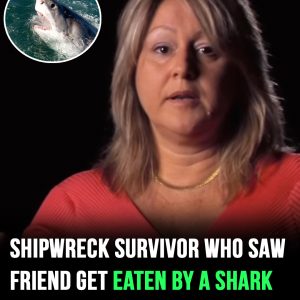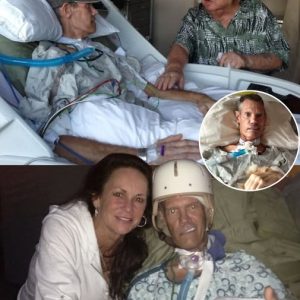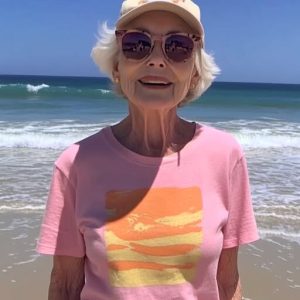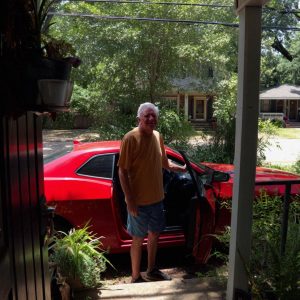When Bella said, “You must pay,” I thought I misheard. But her face was serious—she’d discovered the truth: I was her biological mother, not just “Auntie.” She’d found the clinic documents and felt betrayed.
I explained I had carried her for my best friend, believing love and distance could coexist. She didn’t want justifications—she wanted truth. We talked for hours. I told her everything: the friendship, the clinical choice, the heartbreak. I had loved her from the beginning but honored the boundaries we agreed to.
She listened, hurt but open. Slowly, we rebuilt. She began introducing me as “my mom,” saying she had space for both of us.
When her mother was diagnosed with early-onset Alzheimer’s, Bella returned home. I followed quietly, supporting where I could. One day, her mother, briefly lucid, said, “She has your eyes.” That silence held forgiveness.
Later, Bella apologized. “You already paid,” she said. We created new routines—wine on the stoop, laughter, healing.
Then she handed me her will. I was listed as her emergency contact and guardian—“the mother who never stopped loving.”
At her wedding, she honored my sacrifice. Two years later, I held my granddaughter, Grace.
Love had rewritten the lines biology once drew.




